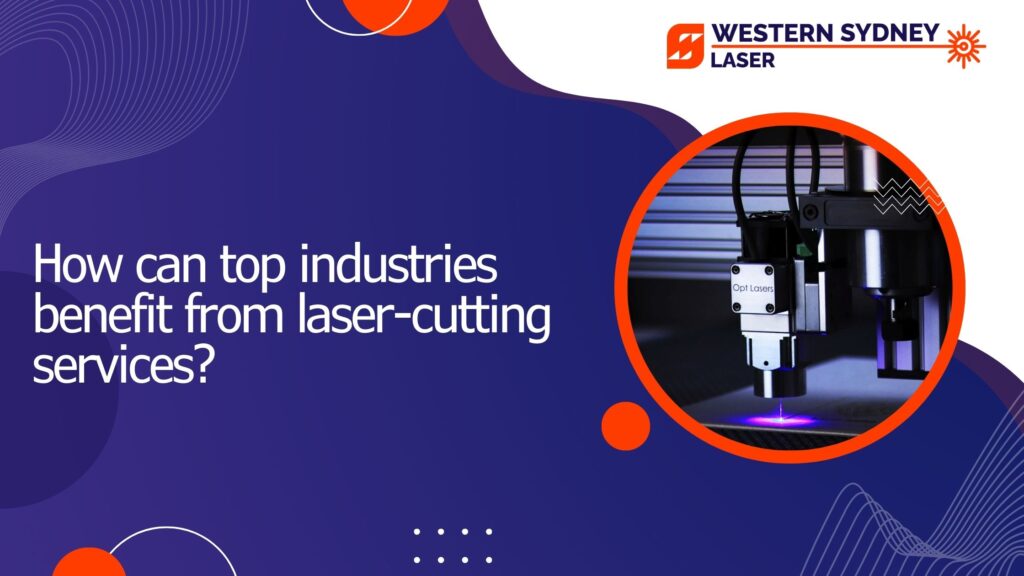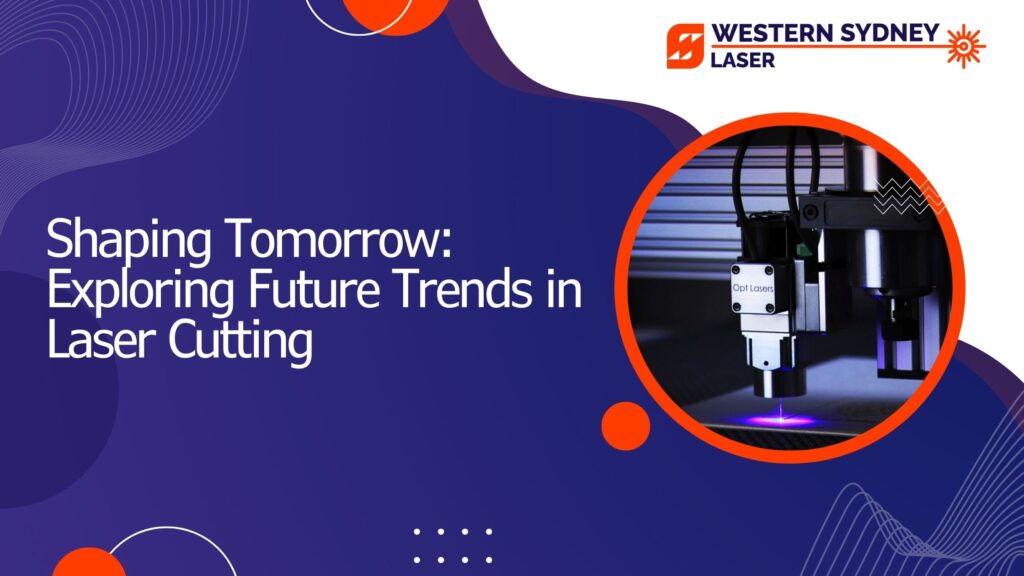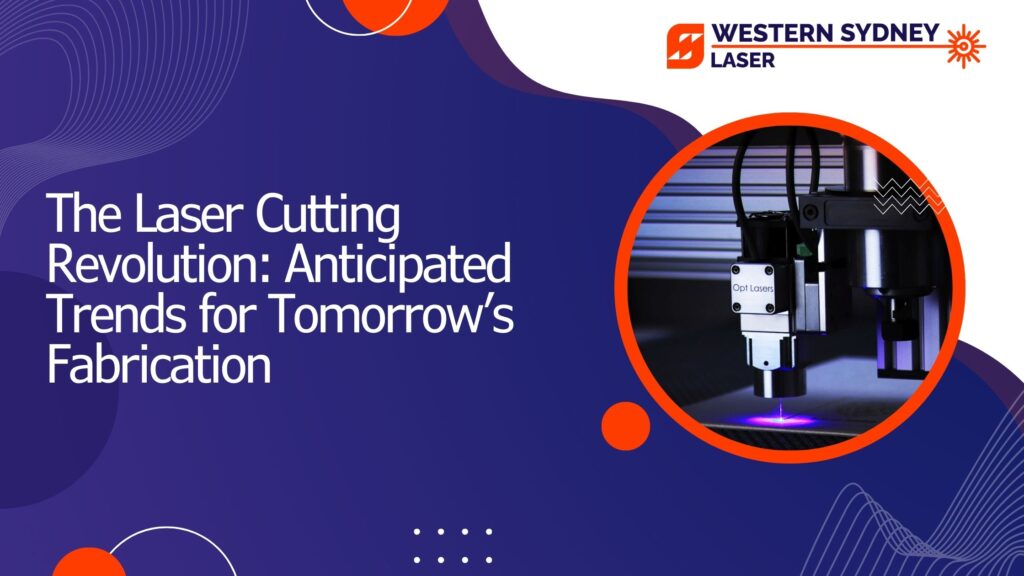The laser cutting process is definitely a highly popular and sophisticated method of forming and cutting metals. With laser cutters, precise and accurate results are often achieved in industries requiring high levels of precision and accuracy.
Thus, recognizing the industries with a high concentration of laser cutting facilitates innovation, resulting in new products and solutions customized for those industries.
Additionally, this technology contributes to an understanding of its role in industry-wide manufacturing processes. The purpose of this blog is to highlight seven industries that use laser-cutting technology.
About Laser Cutting
The process of laser cutting involves the use of a focused, high-powered beam of light to cut through metal materials.
In addition to having high precision, it is commonly used in applications that require tight tolerances, fine cuts, and narrow holes in comparison to the thickness of the material.
The laser is capable of cutting aluminum, stainless steel, mild steel, and a variety of metals with only a slight kerf (material removed during cutting) without damaging the metal itself.
List Of Industries That Benefit From Laser Cutting
Laser cutting is widely used in various industries due to its versatility and high precision. Listing below some of the industries where laser cutting plays a vital role:
Automotive industry
This industry requires high-end accuracy when it comes manufacturing. A major factor is not only the complexity of vehicle architecture today but also safety standards that must be adhered to by automobile manufacturers.
With its flexibility and ability to produce intricate shapes and designs, laser cutting is an ideal solution for the automotive industry.
The tube laser cutting process is very precise, which makes it good for mass-producing parts like body panels and engine parts, as well as suspension and exhaust systems, brakes, and airbags.
Because of its high accuracy, speed, and efficiency, laser cutting is becoming increasingly popular for the manufacture of automotive parts.
Construction industry
Construction companies also use laser cutting to produce structural components, as do automobile manufacturers. The construction industry relies heavily on large, complex tools and equipment, which requires precise and accurate cutting.
Therefore, laser cutting is used for large-scale projects both in the residential and commercial construction industries.
Other materials used in building developments include bridges to tunnels, connection plates to base plates, and large wood pieces to composite materials.
Electronics industry
A laser machine is commonly employed in the electronics industry for the precise cutting of delicate electronic components.
Laser tube cutting is normally employed for removing traces from connectors, heat sinks, and circuit boards. When it comes to small components, tube laser cutting allows for intricate designs and precise measurements.
Laser cutting offers the advantage of remaining sharp regardless of how long the laser beams are used. Among these delicate parts are silicon wafers.
The laser engraving process is also used to drill precise holes in circuit boards, allowing permanent etching of information.
Military industry
There is a crucial role for laser cutting parts across all military industries, from the military on land to the military in the air to the military at sea. Laser cutters are especially useful for fabricating armor plates for military vehicles like the HMMWV (Humvee).
A wide range of military gear and equipment is also enhanced with laser marking and laser engraving techniques, such as weapons, flashlights, firearms, armored vehicles, helicopter parts, and more.
Aerospace industry
Aerospace is an industry that demands precision and quality assurance at its highest level. Known for extensively utilizing precision engineering, the aerospace industry relies heavily on laser-cut metal to manufacture aircraft components, mechanical devices, and satellites.
Among other things, laser marking ensures traceability, identification, and quality control for intricately patterned structures, and it also allows information to be etched on metal surfaces.
As a result, aerospace has become increasingly dependent on it.
Conclusion
Many industries today rely on laser-cutting technology. In order to produce even and smooth laser-cut parts, laser cutters need to be extremely precise and accurate.
Using laser cutting, businesses can create complex designs unable to be created through conventional means.
Investing in high-quality laser cutting services can save money and time while enhancing the quality of your designs.
Western Sydney Laser Cut provides high-quality laser-cutting services to meet your specific requirements.
Whether you are looking for laser cutting, metal forming, or machining services, our team is here to help. Contact us today to learn what Western Sydney Laser Cut can do for you.



